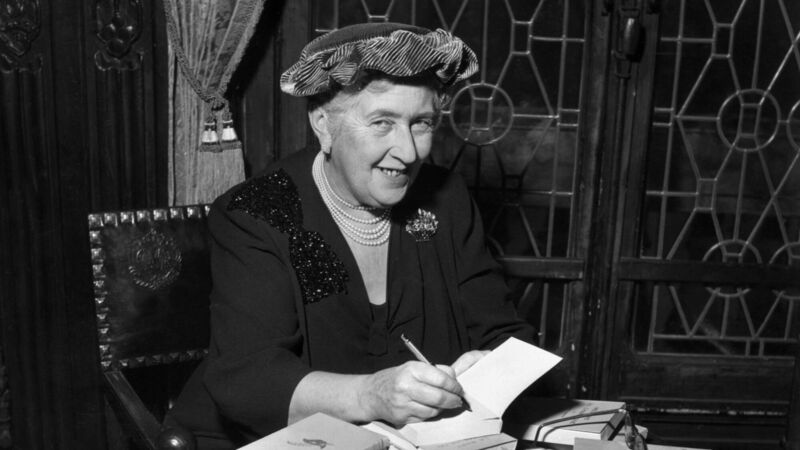Terry Prone: It’s no mystery that the little grey cells need to be exercised regularly

British mystery author Agatha Christie autographing French editions of her books, circa 1950.
A new word, today, for readers to consider.
Try from €1.50 / week
SUBSCRIBE
British mystery author Agatha Christie autographing French editions of her books, circa 1950.
A new word, today, for readers to consider.
Dementiachondria. A freshly invented noun, describing a condition whereby the sufferer attributes their every ailment to oncoming undiagnosed dementia consequent upon age. Just as normal bog standard hypochondria doesn’t exclude the possibility of the owner actually being sick, indeed, very sick, dementiachondria does not mean that you’re not really halfway down the slippery slope. It just means you live in a welter of potential symptoms and possible significances.
Already a subscriber? Sign in
You have reached your article limit.
Annual €130 €80
Best value
Monthly €12€6 / month
Introductory offers for new customers. Annual billed once for first year. Renews at €130. Monthly initial discount (first 3 months) billed monthly, then €12 a month. Ts&Cs apply.
CONNECT WITH US TODAY
Be the first to know the latest news and updates
Newsletter
Sign up to the best reads of the week from irishexaminer.com selected just for you.

Select your favourite newsletters and get the best of Irish Examiner delivered to your inbox
Sunday, February 8, 2026 - 5:00 PM
Sunday, February 8, 2026 - 6:00 PM
Sunday, February 8, 2026 - 1:00 PM
© Examiner Echo Group Limited